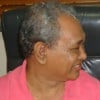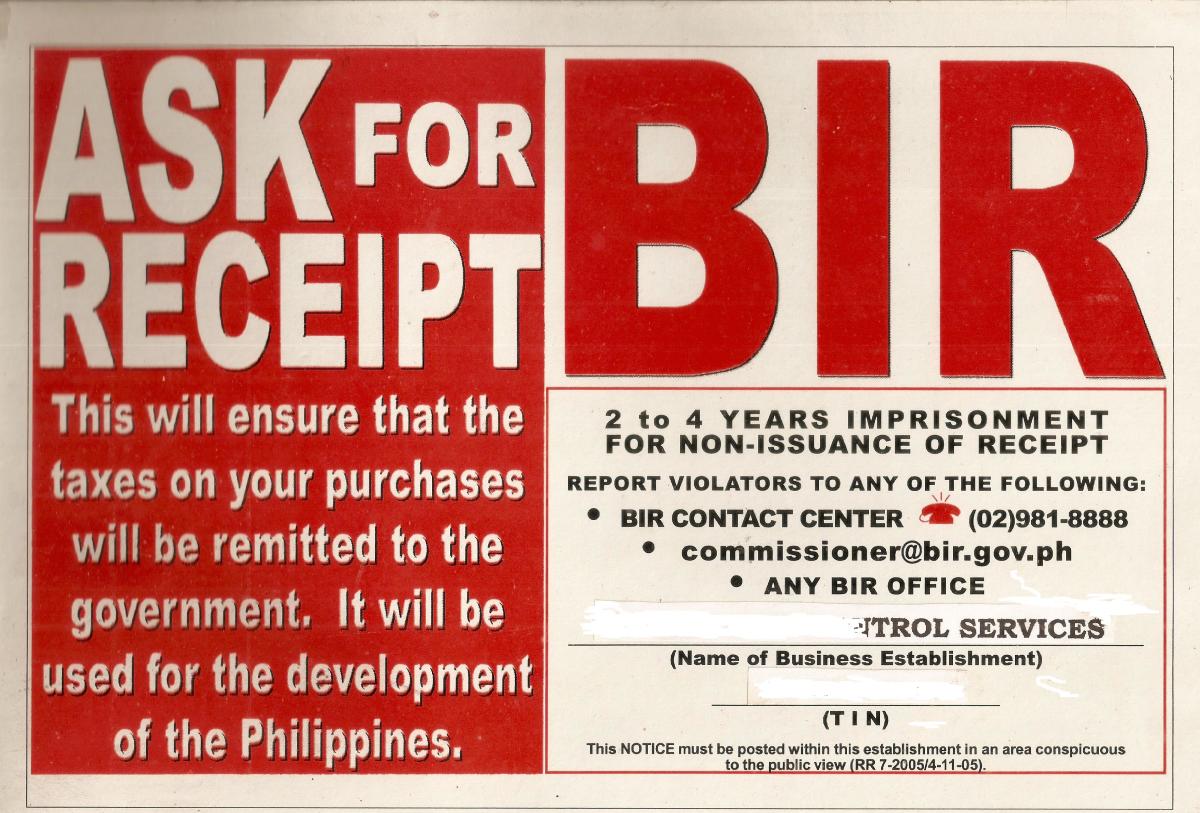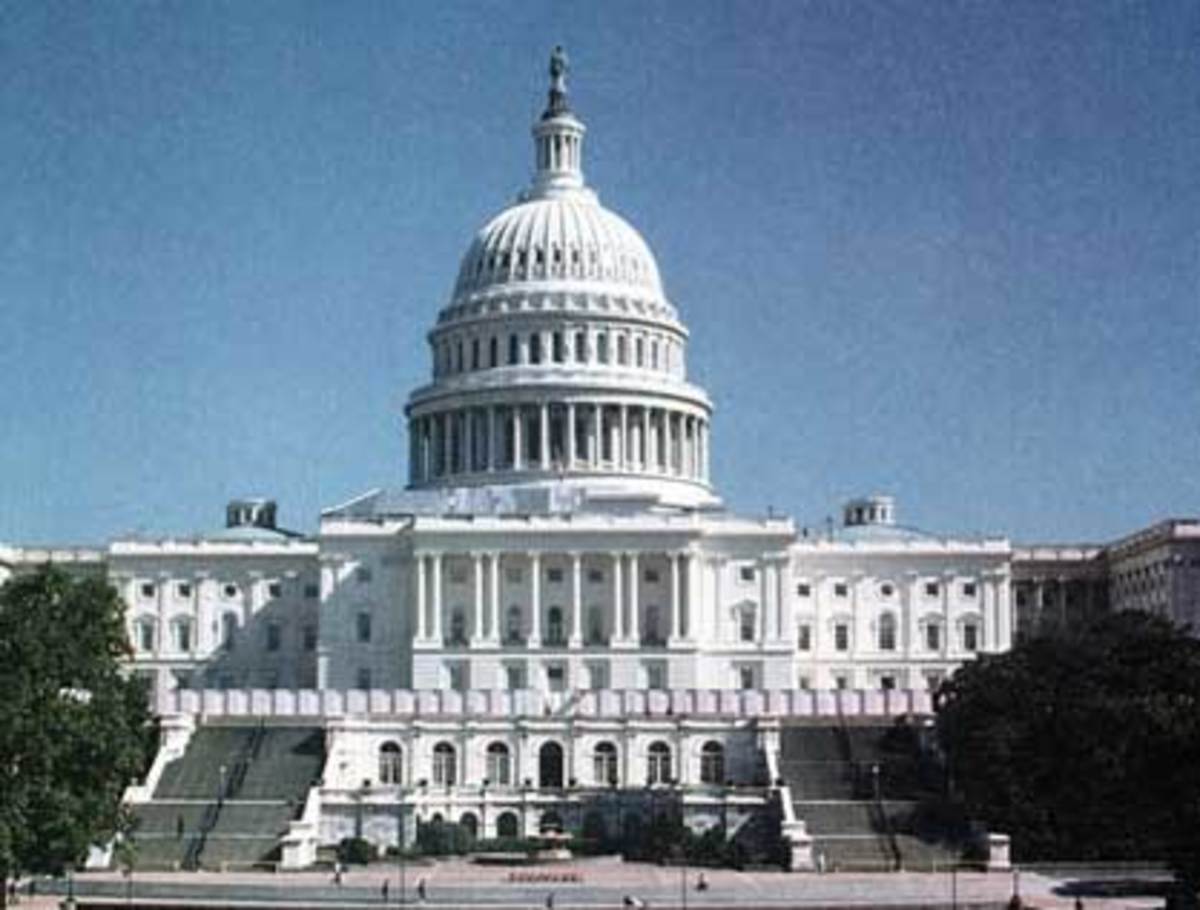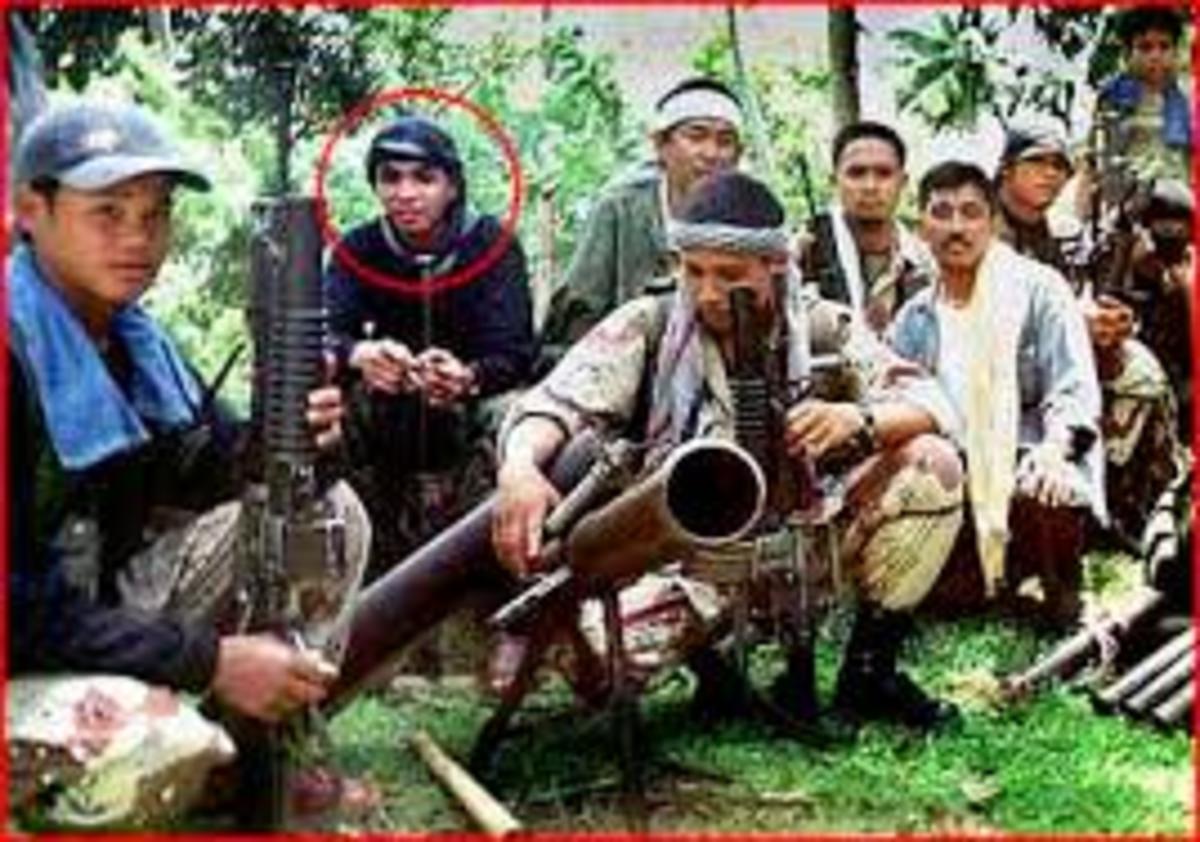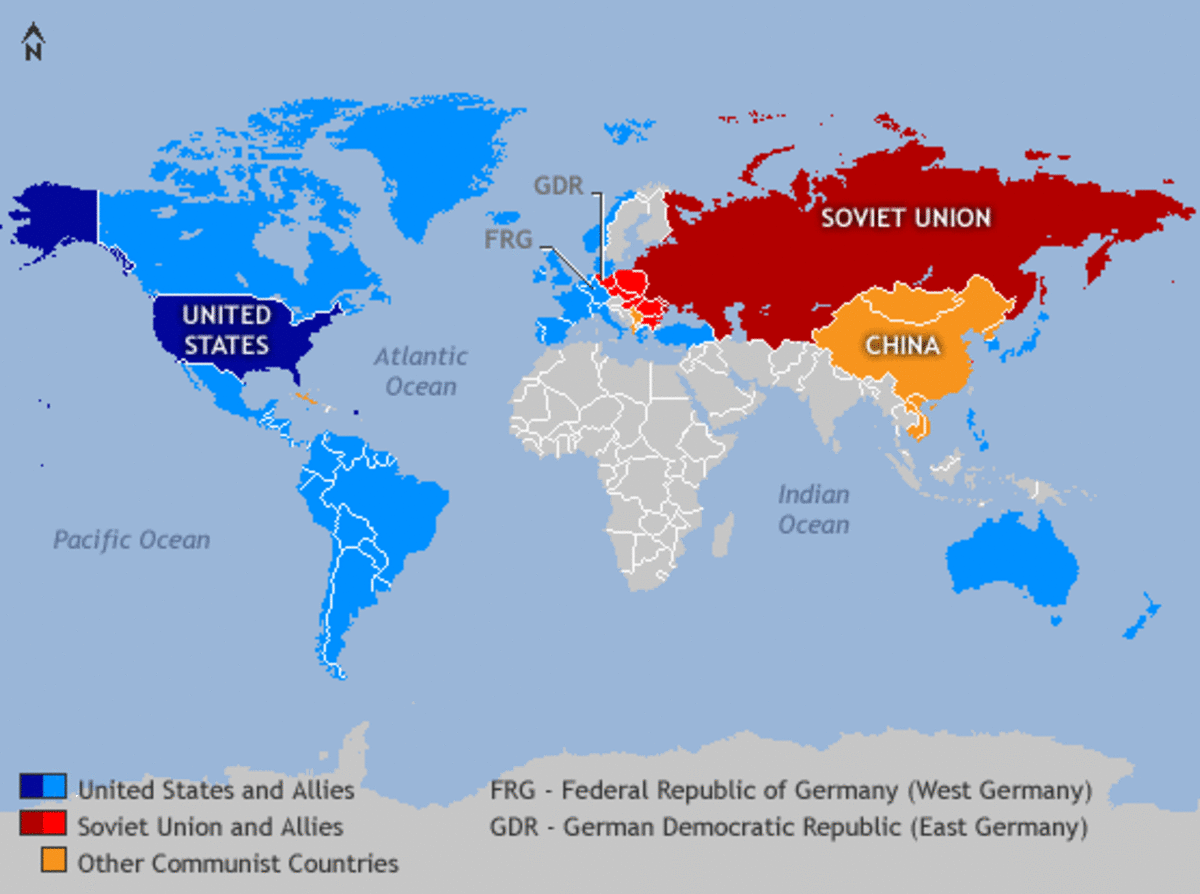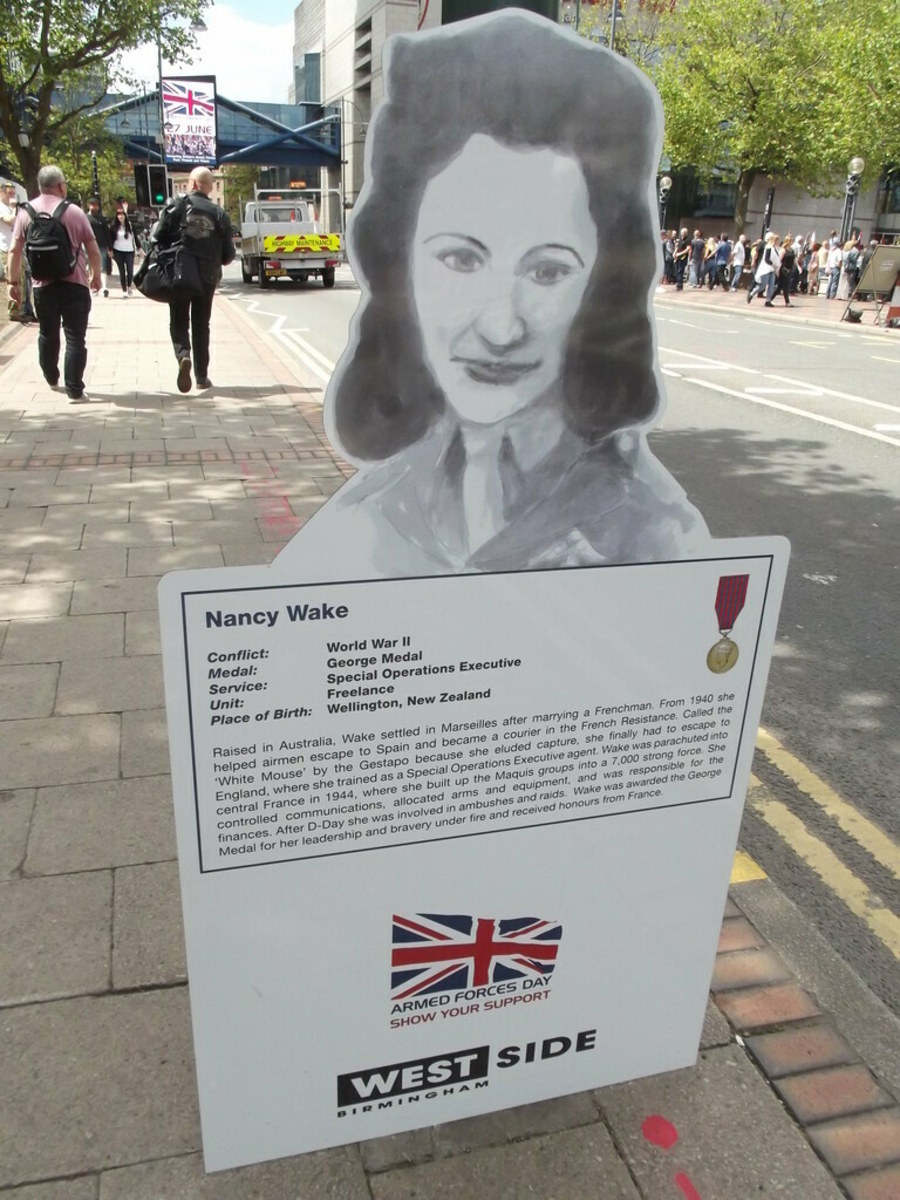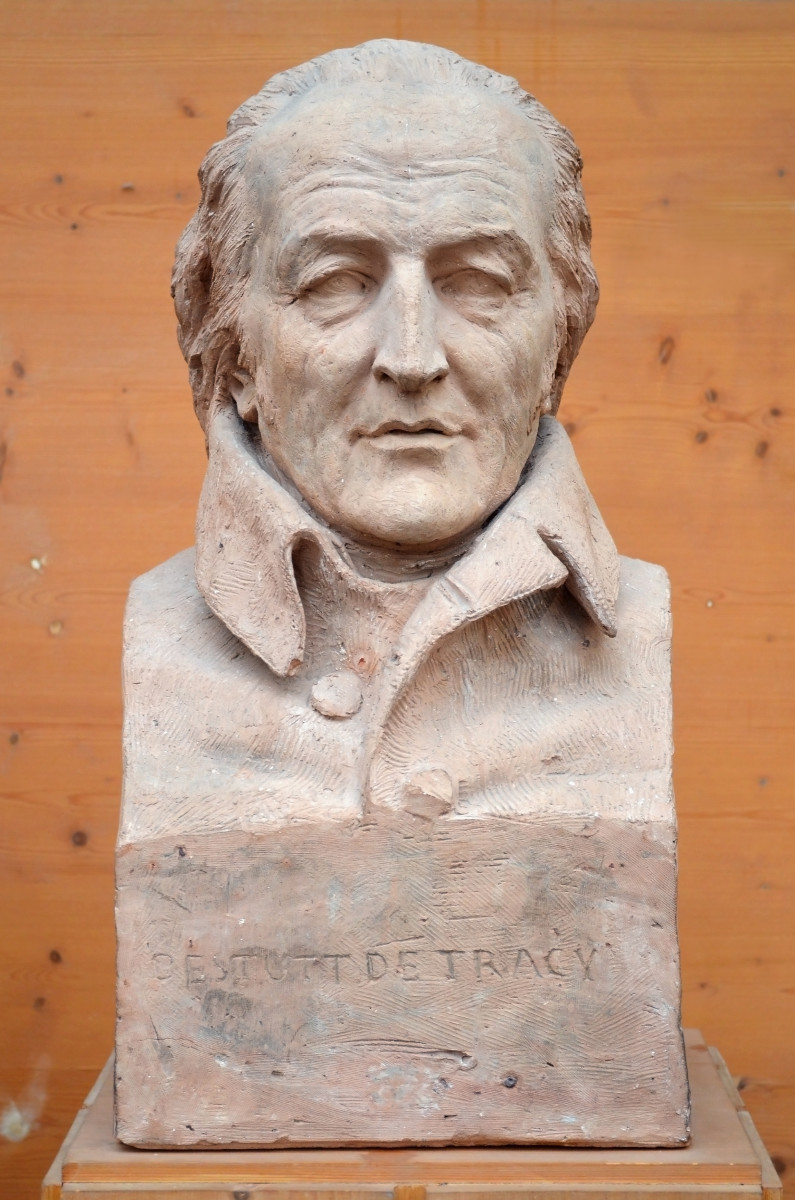The Filipino Ruling Class is Impoverishing 80% of Filipinos
Structure of Filipino society.
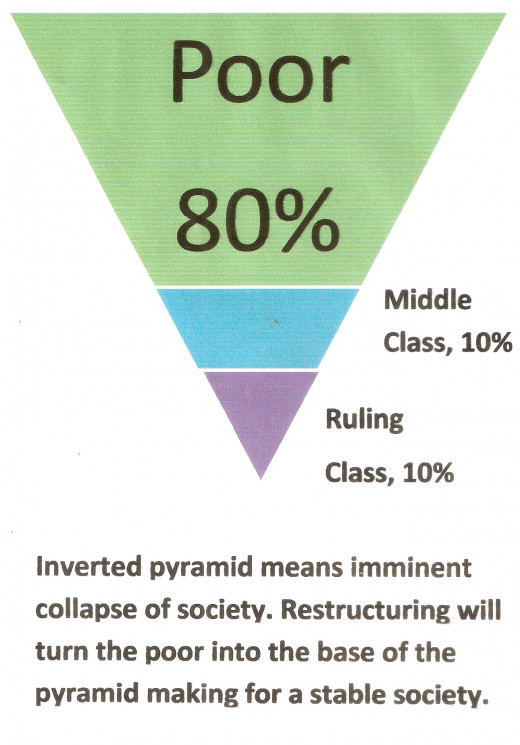
Why are 80% of Filipinos poor?
Dominance, neocolonialism, social injustice, corruption, poverty, These are the hazards posed by the ruling class of the Philippines. They are more known as oligarchs They are mostly owners of vast tracts of land inherited from the Spanish colonial regime. Some are merchants who have acquired wealth working with the system. Others are beneficiaries of name recall or projection of wishes, like movie actors. Voters identify with the roles they play in the movies as champion of the downtrodden or “rags-to riches.”
Dominance
The ruling class comprise only 10% of the population. However, they are dominant in that they occupy most seats in Philippine congress and high offices in the courts and in the executive branch of government. They are appointed as secretaries of large departments. Some appointees have managerial ability, but most of them are appointed as patronage, or as a form of payback for support in political campaigns for elective positions.
Dominance is the same as power. Power is the ability to attain an objective or objectives. It is a quantitative concept (Russell, B. Power). If A had attained five objectives and B acquired 2 objectives, A is more powerful than B. Power has forms like naked power, political power, persuasive power, executive power, economic power and priestly power.The ruling class acquires economic power from ownership of land. Members possess political power being in Congress. They acquire executive power by holding high offices in the executive branch. These powers transform into persuasive power (that is used to convince people by means of speech or writing). In extreme cases, they acquire naked power or use of raw force. The use of priestly power (possessed by the religious) is available to them by making huge donations to the Catholic church that endorse their candidacies for elective positions.
The middle class occupy lower managerial positions. The poor comprise the rank and file of government and jobs in the private sector. They seek employment in other countries like the Middle East.
Most of the big businesses are owned by the oligarchs or merchants some of whom have benefited from the dictatorship of Marcos, the so-called cronies.
Dictatorship. The Marcos dictatorship is a concrete demonstration of the concentration of power on very few persons. Marcos exploited this fact. Other members of the ruling class glued with Marcos who had mastered the dynamics of a homogenous ruling class. USA and other foreign lenders like France supported Marcos.
Dictatorship is the application of naked power supported by other forms of power with the possible exception of priestly power. Those who have the psyche for power but lacking in ability attach themselves to a powerful fellow to acquire power. Juan Ponce Enrile, who was secretary of National Defense in the Marcos dictatorship, has the psyche for power but did not have enough ability to attain desired power. Before the dictatorship he ran for the Philippine senate but lost. Had he won he would have attained political power. Those who glued with Marcos like the cronies acquired economic power, persuasive power, and executive power.
Social relationship also translates into power. Imelda R. Marcos, wife of Marcos acquired all powers by her relationship with Marcos. She considers herself next to Marcos in terms of power. She fenced off other power players like Juan Ponce Enrile who was Secretary of National Defense in command of the Philippine armed forces (PAF). This she was able to do with her liaison with Gen. Fabian Ver, chief of staff of the PAF. She was the influence who made Marcos order the house arrest of Enrile and Gen. Fidel V. Ramos who was PAF vice chief of staff, that lead to the People Power at EDSA I.
Protection of a member. There was a time President Gloria Macapagal-Arroyo was threatened with impeachment. Thirteen members of her cabinet resigned en masse charging the president with corruption. Cabinet is a position next to the president in the executive branch of government. A cabinet member is appointed by the President as his/her alter ego in running government departments like Department of Education, Department of Science and Technology, up to over 20 departments.
Impeachment proceedings is started by the House of Representatives impeaching the president or any other impeachable positions, including the chief justice of the Supreme Court. However, no impeachment was initiated in the House of Representatives because most of its members belonged in the political party of Macapagal-Arroyo.
The impeachment of Joseph Estrada, president of the Philippines before Gloria, prospered because Estrada did not belong in the landed class. He was a movie actor with whom the voters identified having played roles of champion of the downtrodden.
The case of Estrada has proven that a scriptwriter writes the dialogue and a director prods the actions of a movie actor. In real life an actor does not stand for the roles he plays in the movies. Estrada proved to be the errand boy of his political sponsors. He was convicted of plunder. Lucky for him he was pardoned by Gloria as part of a grand political strategy. He was allowed to run again for the presidency to split the apposition vote and enhance the winning chances of Goria's candidate. But Gloria had become so unpopular that her candidate landed fourth in the presidential race, Estrada came in next to the present president, Benigno Simeon C Aquino, III.
Rivalry within bounds to preserve the ruling class. it should be emphasized that while there is rivalry among members of the ruling class, the players play the game such that they do not break up their class, The first big effort at land reform was initiated by Pres. Diosdado Macapagal. He was called the "poor boy from Lubao," because he hailed from the province of Pampanga,, town of Lubao where he was born in a family of peasants. Pampanga is a heavily tenanted province that has spawned peasant movements for land reform. Macapagal graduated law from the University of Sto. Tomas with the support of a scholarship from a Filipino philanthropist. He topped the bar examinations that catapulted him to popularity. In the Philppines topping the bar examinations is a ticket to politics. When Macapagal became president he coached Congess to enact the Land Reform Law. However, this law includes rice lands only. Pres. Marcos (also a bar exams top notcher) who succeeded Macapagal did not add to the coverage of land reform law like sugar lands and coconut lands. So did Pres. Corazon C. Aguino, Pres, Fidel V. Ramos, Estrada, and Gloria Macapagal-Arroyo, daughter of Diosdado. Estrada came up with a twist to land reform. He turned part of the Hacienda Luisita into corporate land reform where tenants are given stock shares of the hacienda. This could be the thing that the landed class might be grateful to Estrada.
Recently, the Supreme Court came up with a decision to redistribute part of Hacienda Luisita to tenants without saying that corporate land reform is unconstitutional. Gloria promised to redistribute the hacienda of the Arroyo family but did not fulfill it. This hacienda belongs to the family of her husband. Gloria is the daughter of Diosdado with his second wife who belongs in the landed class. Even when Pres. Corazon Cojuangco Aquino urged Gloria to resign the presidency owing to the charge of corruption by the 13 cabinet members who resigned en masse, Gloria did not retaliate by initiating a large scale redistribution of Hacienda Luisita that is partly owned by the Cojuangco family.
Although Pres. Ramos said that the cornerstone of his administration was land reform he did not add to the coverage of land reform like sugar lands a coconut lands. In the last state of the nation address of Pres. Benigno Simeon Cojuangco Aquino III in July this year, he did not mention coaching congress to enact laws on land reform to include sugar lands and coconut lands. Instead he reported that productivity of coconut lands could be increased by planting other crops like coffee in between coconut trees.
The Philippines shows political parties like Nationalista Party, Liberal Party, United Coalition Party and many more ramifications. But these are controlled by the ruling class.
The one exception from being controlled by oligarchs and landed class is the political party of Manny Pacquiao, congressman of Saranggani, a province in Mindanaw. He can finance his own party with his earnings as a boxer, having tucked under his belt eight world championships in different weight divisions. .
Legislated robbery. Estrada won the presidency with the largest portion of the electorate, winning over his rival with the biggest margin a candidate for the presidency ever recorded. A lot of representatives joined the Estrada wagon; some of them during the campaign period, a lot of them when Estrada was already sitting as president. That means Congress was homogenous in the party of Estrada. This phenomenon in the Philippines is called turn-coatism. (This also happens in USA, a Democrat going over to the Republican Party or vice versa).
Congressmen/woman during the dominance of Estrada’s party passed a bill signed into law by Estrada. That law created what is now known as the Priority Development Assistance Fund (PDAF). This entitles a senator 200 million pesos and a congressman/woman 170 million pesos per year for his use under his personal control. These are whooping unaccounted for pork barrel. Here is the catch. In the expenditure of government funds other than PDAF, a receipt is to be procured. A member of congress is not required to procure receipts for expenditure. Certificate of release is enough.
We call this legislated robbery because, in the first place members of Congress are not supposed to engage in development. That belongs in the executive branch of the government. The job of Congress is to make laws. A senator is elected by all voters in the country so that s/he does not represent a district. S/he represents the whole country. A congressman/woman represents a district. However, his/her role is to get the pulse of his/her constituents and some needs for development. S/he asks for financial support through the overall government budget. This budget is to be handled by the executive branch of government.
Now under investigation are allegations that senators and representatives have released part of their PDAF to non-government organizations (NGO). Some 10 billion pesos had been found by the Commission on Audit, a constitutional body, as released to fake NGOs. The alleged practice is that an NGO is given a PDAF, the NGO cashes it and then gives some portions back to the origin of the fund, a senator or a representative.By this maneuver, the PDAF could be used for campaign purposes for reelection or support of a relative in her/his candidacy for elective positions. That is why dynasty has proliferated in the Philippines.
President Aquino III has suspended the release of PDAF. The alleged mastermind of pork barrel scam, Janet Napoles y Lim, is now being detained for some charges, other charges on PDAF anomalies are now being prepared.
Yesterday (I am writing today Sept. 4,2013) GMA TV news flashed that members of Congress are preparing a resolution to abolish PDAF.
The political party of President Aquino, III and its allies are dominant now. (The President is son of former president Corazon C. Aquino). The challenge before Congress today is the abolition of PDAF.
To save itself from erosion of some powers, the ruling class has to get rid of PDAF.
Reform. Even when PDAF will have been abolished, it will still be a form of reform in the Philippine political system. The present ruling class will remain intact.
Mavericks. Considered mavericks are those who raise objections or go against the grain but cannot breach the ruling class. The mavericks in the Philippine political scenario are Senator Gregorio Honasan, Senator Antonio Trillanes III and Congressman Manny Pacquiao. Both Honasan and Trillanes came from the ranks of the military. Honasan was deputy to Ponce Enrile during the Marcos dictatorship. He headed the Reform the Army Movement (RAM) that ploted a coup d'etat against Marcos. Before a RAM squad could attack Malacañang Palace, office and residence of the president, members were captured. Marcos used them to justify the house arrest of Enrile and Gen. Ramos. People Power ensued that esconced Corazon C. Aquino as president of the Philippines. During her presidency, Honasan stage seven coup attempts against her. Honasan and his cohorts were given general amnesty. Honasan ran for the Senate, under a party of the ruling class, and won. He is now in his second term as senator. However, he only attempted to trigger some reform in the military and not a restructuring in Filipino society. He is being accommodated by the ruling class.
Trillianes III was a leader of the so-called Oakwood mutiny, a group of soldiers espousing transparency in the military especially the use of military funds. He was jailed by the Estrada and Macapagal-Arroyo regimes. He ran for a senate, under a party of the ruling class, while still in jail and won. Later events showed that Trillianes had bases for the mutiny. Pres. Aquino III pardoned the mutineers, including Trillianes. He is now in his second term as senator. Trillianes, like Honasan, is a reformer. He has not spurred any restructuring in Filipino society. He is being accommodated by the ruling class.
Manny Pacquiao in addition to a strong will to win in boxing bouts also has visions to help his fellow downtrodden. He comes from a poor family in General Santos City, in Mindanaw. He could not pursue higher education owing to poverty. To help his family make both ends meet he turned to boxing. He broke to world championship fights earning millions and has now declared a billion pesos as personal income from boxing. He ran for a congressional seat for Cotabato, his province, but lost. Next he ran for a congressional seat for Saranggani, the province of his wife - of course after fulfilling the requirement for residency. He won. He is now in his second term as congressman of Saranggani. In his first attempt at a congressional seat he joined a national party but was apparently singed. He put up his own party, People's Champ Movement, financed out of his own pocket. However, he makes alliance with other national parties. He is a reformer. He is being accommodated by the ruling class.
Political harakiri. Stories of harakiri, a Japanese term, occurred in World War II. For example, a Japanese pilot rammed his plane, a Toratora, on the deck of an American warship to start a fire that would hopefully sink the ship. In the act the pilot committed suicide.
Political harakiri is committed by someone being accommodated by the ruling class who goes against the grain without hope of political survival. The purpose is to instigate a restructuring of Filipino society. I can see at least one who is capable of political harakiri. Did I say Senator Miriam Defensor-Santiago? This deserves another Hub.
Party-list The present constitution of the Philippines has a provision for Party-list. A fellow can run for a congressional seat representing a minority group like tricycle drivers, or science community. S/he gets a seat upon garnering 1% of the registered voters. However, the number of seats for Party-list is not enough to overpower in terms of votes in Congress the number of votes from the ruling class. In fact, a Party-list lawmaker could hardly get his/her bill passed by Congress. Party-list is a form of reform in the political system of the Philippines.
Recall election. This is also a provision of the present constitution. To oust an erring elected official like mayor, governor, congressman and senator, someone can gather signatures of constituents or at least 10% to file a case of recall election. The position of the target official is declared vacant and a new election for the position is mandated. This had been done, one for a mayoral position in Caloocan City, and another mayoral position in Olongapo City, Zambales. The incumbent mayor in Olongapo City who ran in the recall election lost; the incumbent mayor in Caloocan won. There was an attempt at recall election for the governorship in Pampanga province but the signature campaign did not prosper.
Recall election is a form of reform and can never make a dent on the ruling class.
Neocolonialism
Members of the ruling class are also the collaborators of foreign control. In fact, the first president of the Commonwealth of the Philippines, Manuel L Quezon, was the first collaborator with the Americans. He was a major in the army in the Philippine revolution of 1896-98. In 1900 USA bought the Philippines from Spain although the Filipino revolutionaries had already liberated the Philippines. USA annexed the Philippines in its empire for use as base to penetrate the vast China market.
By means of a conspiracy with Filipino mercenaries, the Americans captured Gen. Emilio Aguinaldo, then president of the Philippine Republic, in Palanan, Isabela. Quezon heard of this capture and went to Gen. Arthur MacArthur, first American military governor of the Philippines, to verify it. MacArthur opened one door in his office-residence and Quezon saw ‘Aguinaldo (Hunt, F. The Untold Story of Douglas MacArthur. 1954). From that time on, Quezon stuck with MacArthur and American imperialism.
Even as Aguinaldo had been captured several Filipino revolutionaries still fought the Americans under the leadership of some Filipino generals like Gen. Miquel Malvar and Gen. Orlando Sacay.
The Americans saw that it was less costly in terms of financing and lives of American soldiers to use collaborators in ruling the Philippines. On top of that it was more effective. That is why they consented to the organization of the Philippine Commonwealth. And even when the Philippines had gained the formalities of independence in July 4,1946, the Philippines has remained under American control. The lessons in controlling other nations learned from the Filipinos the Americans applied in South Korea. They attempted to apply them in China by supporting Chiang Kai-shek, former president of the feudal, Nationalist China that is now Taiwan. (I have a Hub “China Catching up with the United States by way of the economy.”) USA tried them on Vietnam and got clobbered.
Social injustice
The present ruling class is a perpetrator of social injustice. Its members have inherited vast tracks of land called haciendas. A hacienda was awarded by the king of Spain to a favored subaltern. The unfinished Philippine revolution of 1896=98 has failed to redistribute such haciendas. Only rice lands are being redistributed under agrarian reform. However, these haciendas under redistribution are being paid by the government. So the injustice comes in two aspects: inheritance of vast tracks of land from the power that has been thrown out, and use of funds by the present generation. Two other kinds of haciendas are still untouched by land reform: sugar lands and fruit and orchard lands, like coconut lands.
Collusion by the Catholic church. These vast tracks are protected by the ruling class that dominates congress and the executive branch and the Catholic church in the Philippines., This church has landholdings that were awarded by the king of Spain. This church also endorses the candidacies of the landed class because this church gets protection from them. Today no member of congress has attempted to file a bill to get back the landholdings awarded to the Catholic church by the king of Spain or to tax the Catholic church. ( I have several Hubs on this topic).
The Catholic church has priestly power that is translated into persuasive power and economic power. Thus this church has all three powers. We cannot overemphasize priestly power. It is even more powerful than political power. A fellow sticks to his religion but may not desire political power. That is why Marcos did not provoke the Catholic church during his dictatorship. In fact he tried to add priestly power to his naked power. Already a dictator, he once preached like an evangelist. He was not credible though.
Priestly power emanates from faith and fear. Since people assume the presence of god whom they cannot see, one who is all powerful, who is everywhere, who is all-knowing they fear him. That fear is transferred to the pope or cardinal or bishop or priest whom they consider as representatives of god, at least in Christianity. And Filipinos are 80 to 85% Catholic.
It is amazing that the Catholic church did not raise a howl over PDAF up until recently when some of its members joined the rally against PDAF last week. PDAF is a political and moral issue.
Corruption
Corruption is a consequence of the dominance of the ruling class. Its members are the perpetrators of large scale corruption, like the PDAF. The sad fact is that corruption begets power.
Even when the PDAF bill was being debated in Congress there were already objections to it. But members of Congress proceeded with it ignoring objections. Snubbing objections was a demonstration of power that once acquired from voters, the voters could no longer withdraw it. That could only be withdrawn in the next election by not voting for those who participated in the promulgation of PDAF. But the next batch of congressmen/women and senators did not abrogate it, rather they adopted it and played blind and deaf to sporadic objections. Some members of Congress exploited the limits of PDAF others went beyond limits by releasing funds to fake NGOs. One senator virtually did not use PDAF perhaps out of integrity.
One good thing with PDAF scam is that there are paper trails and money laundering trails.
Poverty
So the 80% of Filipinos have remained poor. Some 10% belong in the middle class. Poverty in the Philippines is a consequence of the dominance of the ruling class, neocolonialism, social injustice and corruption.
